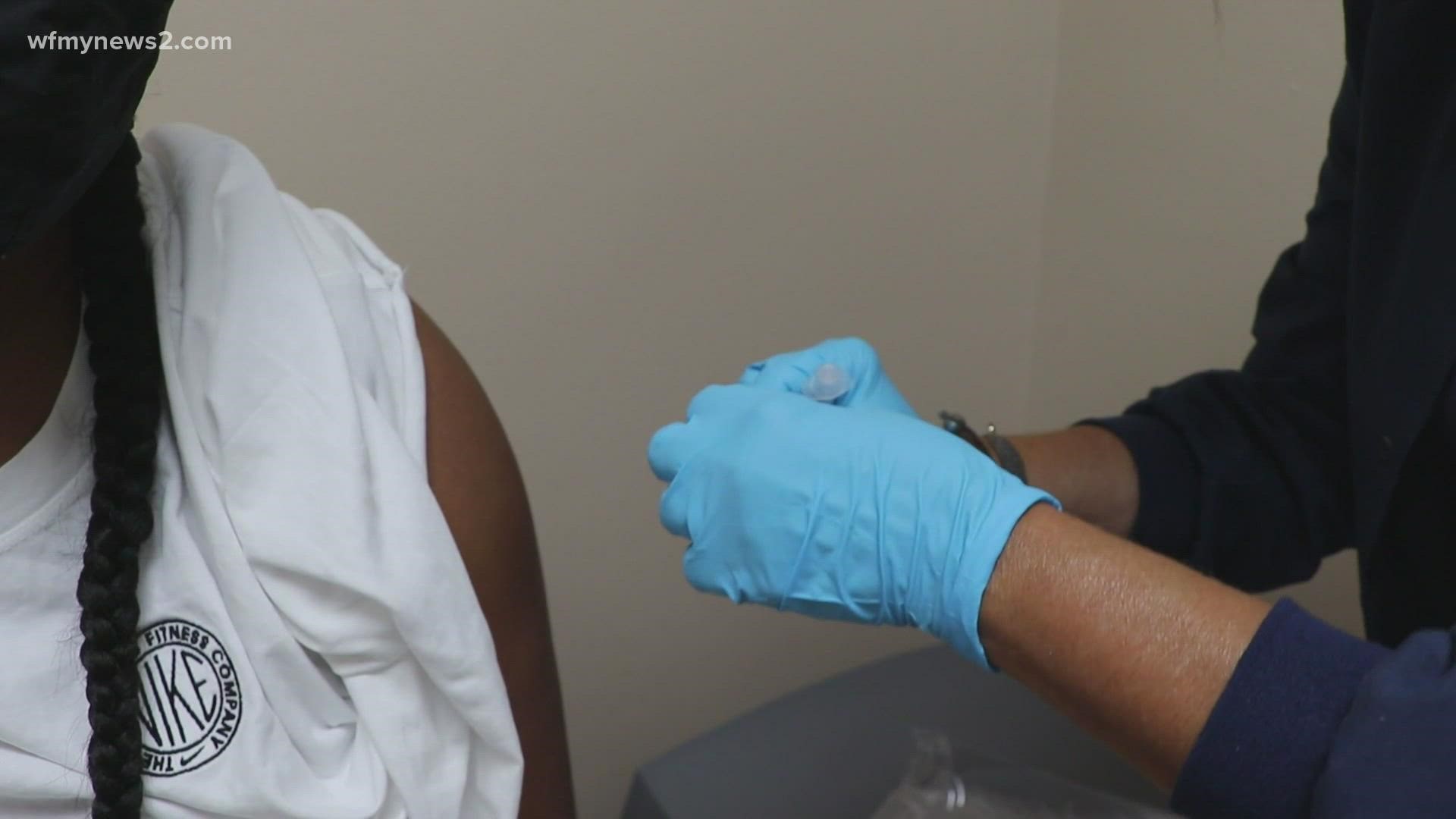GREENSBORO, N.C. — Can you claim a religious exemption and not take the COVID-19 vaccine? The short answer is yes, but you can't just say you object due to religious reasons - you need to prove it.
Amanda Orcutt, a lawyer with Mitchell Williams Law Firm Counsel, told KHTV, "So, you have to make that link between the vaccine and the sincerely held religious belief, and if you can't, then employers could be within their right to deny the request."
While there are no hard and fast rules to what qualifies as a religious exemption, the employee must prove their religious belief is "sincerely held" and that those beliefs go against the vaccine.
When it comes to employers, Orcutt recommends they create a form for people to:
- Describe the nature of their religious belief and the reason they're requesting the exemption
- Decide when additional documentation is required
- Consider accommodations the employer will allow for workers if their request is approved, like remote work or extreme social distancing
One of the religious exemption arguments being used is the concern fetal cells are used in the development of the vaccine.
Dr. James Lawler, an infectious disease expert at the University of Nebraska Medical Center and a practicing Catholic, said vaccines do not contain fetal cells.
What they do contain are fetal cell lines, which are cells grown in a lab, based on fetal cells from decades ago. They are used in testing and research for more than just the COVID vaccine. These cell lines are used in many other vaccines and commonly used drugs.
Because of that connection, Conway Regional Health System CEO Matt Troup said the healthcare system now asks those submitting a religious exemption to sign an acknowledgment form.
“It caused us to take a step back and ponder, do people really understand how ubiquitous the use of fetal cells is - either in the development or the testing - is very common in everyday medicines,” Troup said.
The Arkansas-based hospital’s vaccine exemption form lists common medications, like Tylenol, Aspirin, Motrin, and asks the employee to acknowledge these medicines are also made the same way the COVID vaccine is, and therefore, they agree to not take these medicines either.

